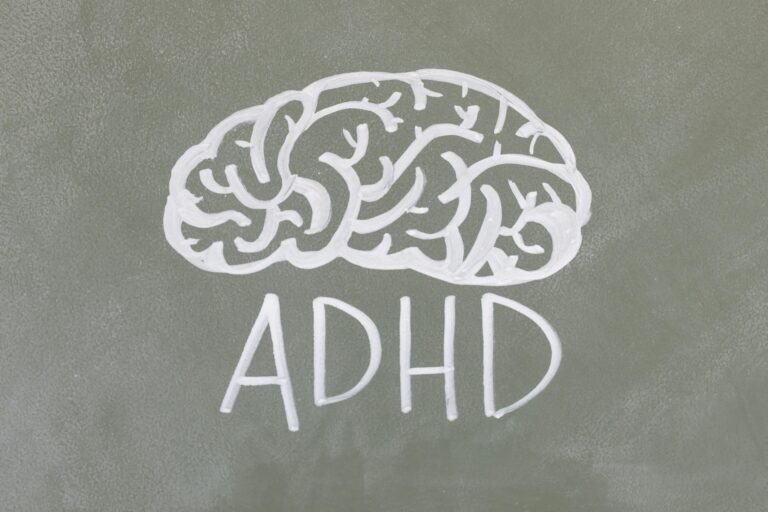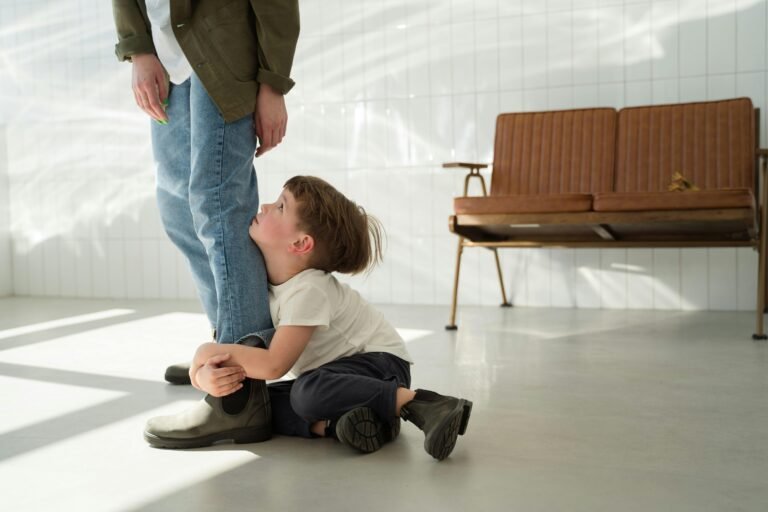If you’ve ever stopped replying to a friend out of nowhere, gone completely silent in a group chat, or ghosted someone you actually care about, and then felt horrible about it later you’re not alone.
A lot of people with ADHD do this, and not because they’re rude, cold, or careless. It’s often because of how ADHD affects emotional regulation, communication, and executive function.
Let’s unpack what’s really happening underneath the silence.
It’s Not You, It’s Our Brain
One of the biggest ADHD myths is that we’re flaky or selfish. The truth? Our brains get overwhelmed easily, and sometimes shutting down or pulling away feels like the only option.
When we stop responding or cut people off, it usually comes from:
• Mental exhaustion
• Decision paralysis
• Shame or fear of confrontation
• Emotional overload
• A need to avoid pressure, even from people we love
It’s rarely planned. Most of the time, it starts with “I’ll reply later,” and then time passes, guilt builds, and it just feels harder to come back.
Rejection Sensitivity Plays a Big Role
People with ADHD often deal with Rejection Sensitive Dysphoria. That means we feel criticism, conflict, or even imagined rejection way more intensely than most people.
So if we feel misunderstood, embarrassed, or like we let someone down, our brain might say:
“Better to disappear than deal with this.”
It’s not healthy, but it’s protective. We’re avoiding pain by avoiding people.
Emotional Regulation Is Hard
Something small might set off a big internal reaction. A comment, a missed text, or just a bad brain day can trigger a spiral that feels impossible to explain to others.
So instead of talking it out, we shut down.
We isolate.
We overthink.
And we don’t know how to come back after the silence starts.
It’s Not a Lack of Care
This part is important.
We ghost people we do care about.
We go quiet with friends we still think about daily.
We avoid messages from people we want to talk to, but don’t have the energy to respond to.
The silence isn’t about how much we care.
It’s about how much we’re carrying.
What Helps
If this is something you’ve done or are doing, it doesn’t make you a bad person. Here are some ways to start shifting the pattern:
• Set low-pressure ways to stay in touch, like reactions or short texts
• Let friends know you disappear sometimes, and it’s not personal
• Use reminders or check-in alarms for people you care about
• Write a simple “sorry I disappeared” template to help break the silence
• Surround yourself with people who understand neurodivergence and don’t take distance as disrespect
And if you’ve been on the receiving end of this? Try to lead with compassion. It probably wasn’t about you at all.






